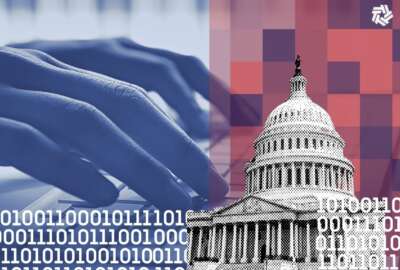US-China deal could end fees on $1T in tech sales
BY MARLEY JAY AP Business Writer NEW YORK (AP) — A trade deal between the U.S. and China could end tariffs on $1 trillion in global sales of semiconductor...
BY MARLEY JAY
AP Business Writer
NEW YORK (AP) — A trade deal between the U.S. and China could end tariffs on $1 trillion in global sales of semiconductors, MRI machines, GPS devices, printer ink cartridges, video game consoles and other high-tech items.
President Barack Obama, in Beijing for the Asia-Pacific Economic Cooperation summit, said Tuesday that the U.S. and China reached an “understanding” on expanding the Information Technology Agreement of 1996. The ITA bans tariffs — or taxes on imported goods and services — on IT products among countries that are part of the World Trade Organization. Tariffs give domestic goods a price advantage for customers over imported ones. The expanded deal would eliminate those costs for multiple high-tech products such as global positioning systems, medical equipment, software and gadgets — leveling the playing field for those items.
Similar talks broke down in 2013 over the scope of the products that could be covered. But if the deal is finalized later this year at World Trade Organization talks in Geneva, it would mark the first major tariff reduction by the WTO in 17 years. The agreement covers more than $100 billion in products sold by the U.S. each year and could support up to 60,000 new U.S. jobs, according to the office of U.S. Trade Representative Michael Froman.
Chip and medical device industries might benefit the most from the new agreement, said Anna Han, director of the Center for Global Law and Policy at Santa Clara University School of Law. She noted that the expanded agreement doesn’t eliminate all barriers on trade: for example, China imposes additional rules on foreign telecommunications companies’ products.
Analyst Andrew Bartels of Forrester Research said the effects of the deal will be “relatively minor” because other issues — including government investigations into price-fixing — have a bigger impact on U.S. and European companies in China. However he said the agreement will create hope.
“A lot of negotiations over trade have been stalled and stymied,” he said. “Any time they start to make a small step forward … after a period where there’s been no progress, it creates the perception that this small step could be followed by bigger steps.”
Copyright 2014 The Associated Press. All rights reserved. This material may not be published, broadcast, rewritten or redistributed.
Copyright © 2024 The Associated Press. All rights reserved. This website is not intended for users located within the European Economic Area.






